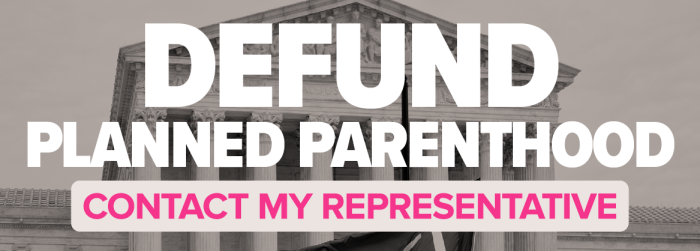The Isle of Man is poised to become the first entity in the British Isles to legalize assisted suicide. The island’s legislature passed its version of an “Assisted Dying” bill on Tuesday, which will next be sent to Britain’s King Charles III for approval.
Isle of Man is a self-governing British Crown Dependency, which means it can make its own laws with Royal Assent. Under the proposed legislation, adults age 18 and over who are considered terminally ill with a projected 12 months or less to live would be allowed to legally end their own lives with the assistance of the government. Eligible people must also have lived on the island for five years.
Dr. Alex Allinson, the member of the House of Keys (MHK) who introduced the private member’s bill in 2022, said legalizing assisted suicide would offer “dignity and autonomy” to those facing a terminal illness.
Notably, one-third of medical professionals on the island who were surveyed about their thoughts on legalized assisted suicide in 2023 indicated they would consider leaving the island if such legislation was passed. In that survey, an overwhelming 74% of respondents said they were opposed to assisted suicide.
Gordon Macdonald from the organization Care Not Killing, called the legislation’s passage a “very sad day for islanders.”
“In the small number of places that have legalized state assisted killing, we see the lives of vulnerable people put at risk, with safeguards and restrictions removed, while palliative care doesn’t improve as some have wrongly claimed,” he said.
James Mildred, Director of Communications and Engagement at Christian Action Research and Education (CARE), also called the bill’s passage “a deeply sad step.”
“Under this legislation, the equal value of every citizen living on the island will no longer be affirmed,” he said. “Those overseeing the legislation have ignored very stark warnings about the prospect of vulnerable people being coerced into ending their lives, and people acting after a wrong prognosis …The cultural change assisted suicide engenders is a negative one. Recognizing the equal dignity and worth of every person and safeguarding the most vulnerable in society requires keeping it off the statute book.”








